I’ve been feeling my own mortality much more of late.
I don’t know if the trigger was turning 40 last year or the fact that my father died around about the same time. But one of those two things made me sit up and care about my own health a lot more than I ever had done before.
There’s a third prevailing factor of course. And that’s the health of the health service itself.
We read so many stories about the turmoil it faced during the pandemic, how over-stretched and under-resourced our heroic NHS staff are.
Week after week we see news bulletins about missed A&E targets and the problems people are facing accessing a GP appointment.
And you can’t help but selfishly wonder whether if you needed it, would it be there for you?
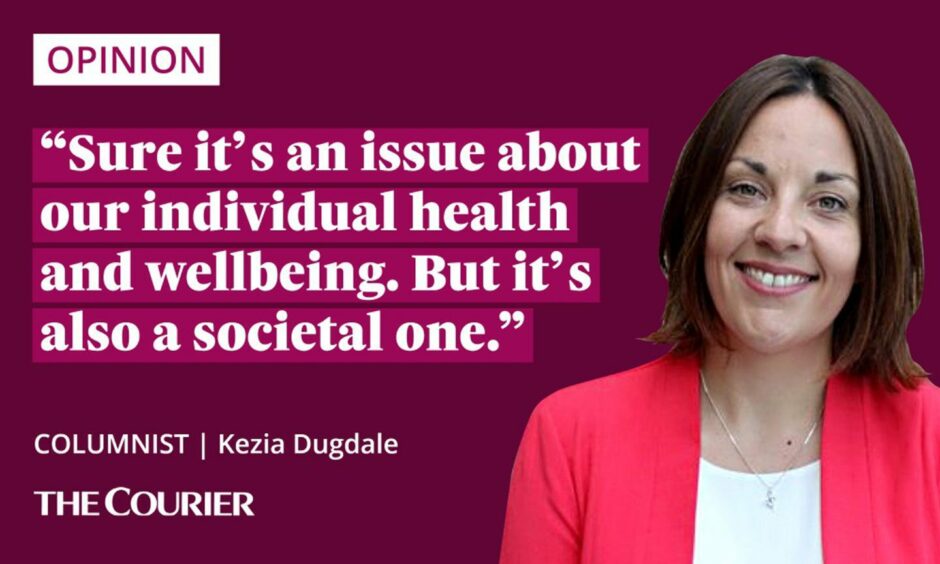
Something flipped with the immediacy of a switch for me at 40.
I found myself creaking in the mornings, with more aches and pains.
Now, I’ve got actual shoulder and neck problems painful enough to require a physio who I see more regularly than I see most of my pals.
Having always been on the sturdier side of life’s spectrum, I’ve noticed that I can’t quite eat and drink with the same consequence-free zeal that I used to.
So I’m consciously decreasing the carbs and upping the protein.
I even bought a kilo of flax seeds.
If anyone knows what to do with them, I’m all ears.
I don’t expect pity and certainly didn’t get any when I asked friends and colleagues of an older vintage whether this was a thing they’d experienced.
Most burst out laughing and remarked “you ain’t seen nothing yet”.
Wait for 50, they tell me.
Wait for the menopause, wait, wait, wait for the “fun” that’s around the corner.
Women in Scotland deserve more action in their health action plan
It all leads to a growing sense of anxiety and worry. And I know I’m not alone.
That’s why I was so pleased to see reports that a cross-party group of MPs from across the UK have produced a new report calling for all women to get a health check at 45.
A sort of MOT to check our vital signs.
Our inquiry report sets out 13 key recommendations to support women going through menopause.
🏥A health check for all women 45 to help diagnose early
🪙Scrap #HRT prescription costs
👩⚕️Updated #menopause training for GPs and medical professionals#menopauserevolution pic.twitter.com/pjaKTmDwwB— Menopause APPG (@AppgMenopause) October 12, 2022
They are also combining it with a demand to end the postcode lottery on access to menopause support.
It’s an acknowledgement that accessing basic things like Hormone Replacement Therapy can depend on where you live, rather than what you need.
Scotland of course has its own NHS system.
It also has it’s own Women’s Health Minister and a women’s health action plan which was published in the summer of 2021.
It contains dozens of recommendations for what should happen to improve how the NHS supports women.
It’s a really good, well argued, researched and uplifting read.
But how much of it is actually happening?
Would a health champion speak for women in Scotland?
Last year leaders of the English NHS announced they were going to appoint a Women’s Health Champion.
They were in post four months later.
Scotland made the same promise yet the post remains unfilled 14 months on.
When the Scottish Government was last asked about it, we were promised someone would fill the post by the summer.
It’s October.
Whether it’s a well considered list of action points or a simple idea of just providing women with a health check when they hit 45, it’s really encouraging to see this issue rise up the agenda.
Sure it’s an issue about our individual health and wellbeing. But it’s also a societal one.
Just the other day, the BBC reported the highest number of women in Scotland ever in work.
That is on balance a good news story.
Greater participation in the labour market is good for the economy and equality more generally.
But underlying that is a darker story of women who need to work to make ends meet, who perhaps don’t have the choices we assume they have.
And in that context, their health matters more than ever.
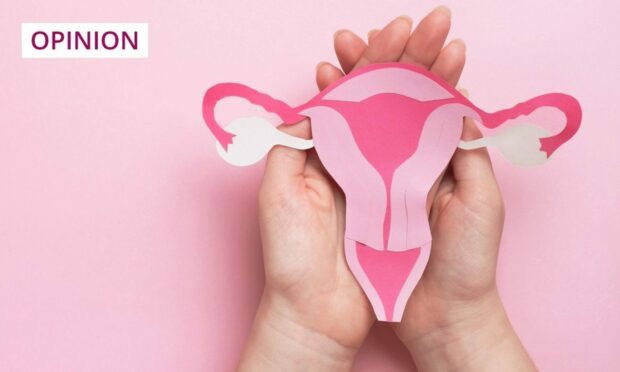
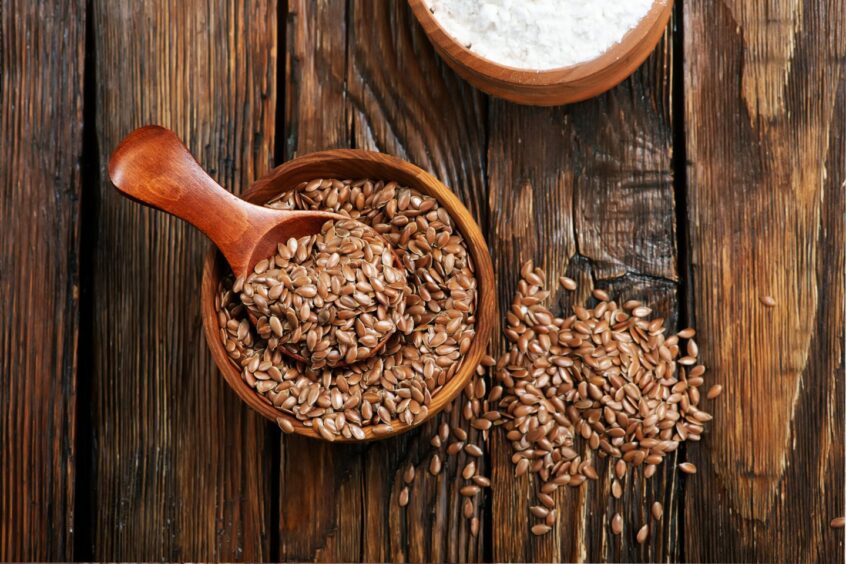
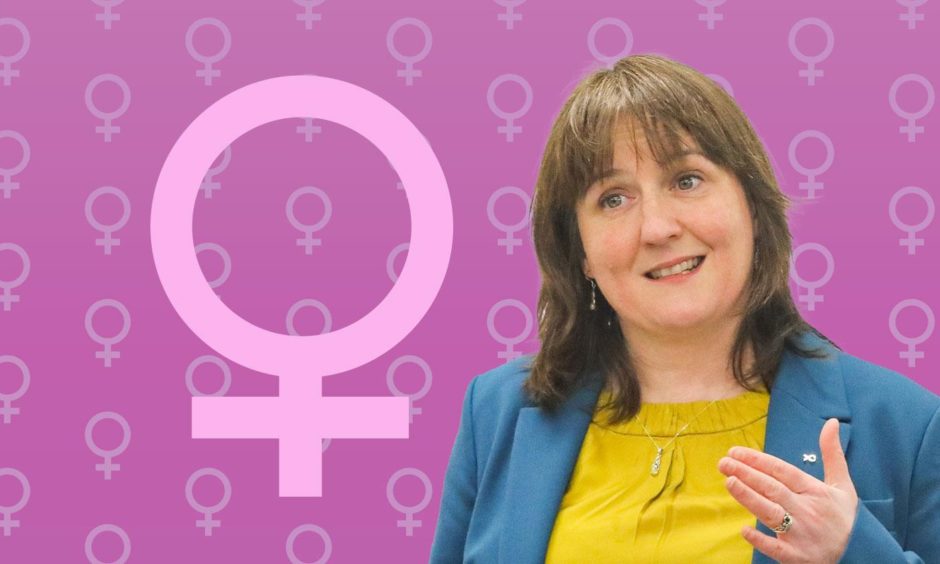
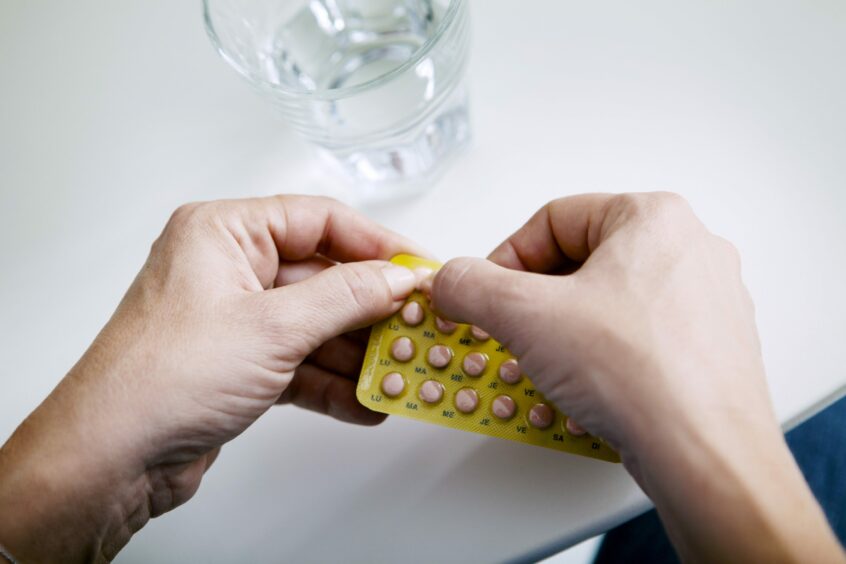


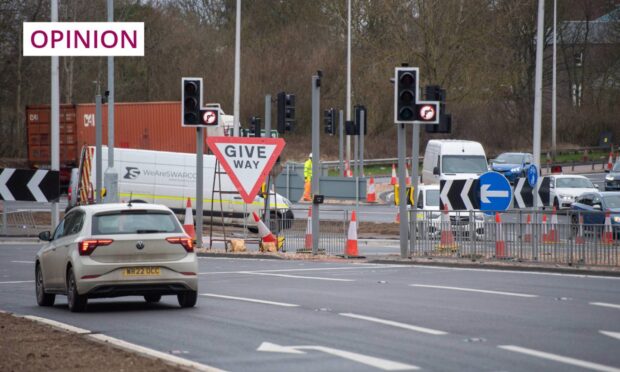

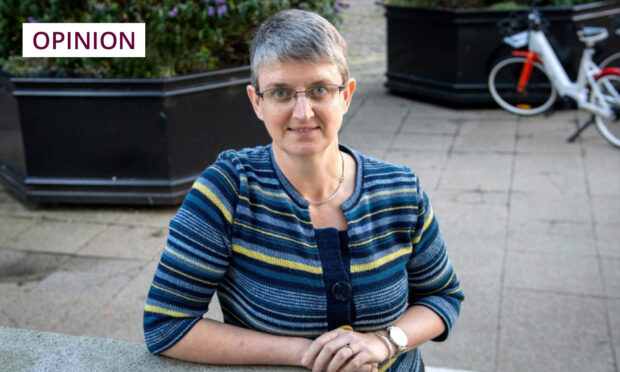





Conversation